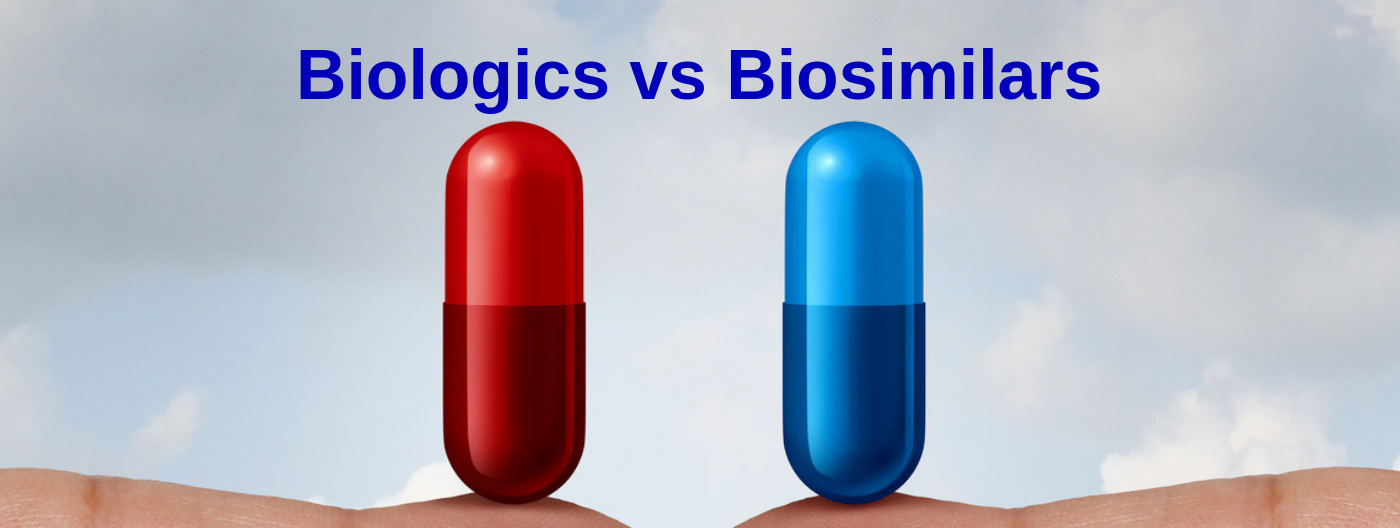Biologics are a type of medication that can be prescribed for some forms of inflammatory arthritis, such as rheumatoid arthritis, psoriatic arthritis, ankylosing spondylitis and juvenile idiopathic arthritis (a type of arthritis that affects children). For some biologics, there may be a biosimilar medication available. A biosimilar medicine is a copy of a biologic medicine that has been shown to be highly similar to the original medicine.
Biologics
Biologics are medications that can be used to treat certain types of arthritis. They are a type of medication called a disease-modifying anti-rheumatic drug or DMARD for short which may prevent the development of joint damage. DMARDs, including biologics, are different to medicines that simply block the pain or other symptoms you’re feeling. They work by blocking specific substances in the immune system.
Biologics mimic substances naturally produced by the body. They are made from living cells, which is the key difference from most other medicines that are made from man-made or chemical compounds. They can be very effective in treating inflammatory arthritis and tend to work more quickly than conventional DMARDs (eg. methotrexate). There are a number of biologics that target different parts of the immune system. If your arthritis does not respond to one type of biologic, your rheumatologist (arthritis specialist) may use a different biologic to see if it works better for you.
Biologics can also be used in combination with other DMARDs, particularly methotrexate. The combined treatments may be more effective than the individual medications in some cases. Talk to your rheumatologist or rheumatology nurse to better understand the pros and cons of using a combination of a biologic and a DMARD.
Biosimilars
For some biologics, there may be a biosimilar medication available. A biosimilar medicine is a copy of a biologic medicine that has been shown to be highly similar to the original medicine. The nature of biologics means they cannot be copied exactly. Biologic medicines are complex and are produced using living cells so there are minor differences between brands and batches. This is why competitor brands are called biosimilars as they are highly similar but not exactly the same.
Biosimilar medicines are comprehensively tested to establish that they have similar safety and effectiveness as the original biologic. However, as they are not identical to the original biologic, switching to a biosimilar may not be the right decision in every case, especially if the original biologic is working well for you. It is important that you and your rheumatologist decide together whether you should keep taking the same medication or whether you could consider a biosimilar.
If your rheumatologist wants you to continue with the original medication, they will tick the non-substitute box on your prescription. If the pharmacist asks whether you want to consider a substitution, request the medication that is on the script and not a substitution.
Resources
ANSW Biosimilars Infosheet – Things to Consider When Taking a Biologic
Department of Health: What are Biosimilar Medicines?
PBS: Biosimilars on PBS
Healthline: What to Expect When Switching to Biologics for RA
NPS Medicinewise: a telephone service provided by the National Prescribing Service and healthdirect Australia, gives independent information about medicines.
Phone 1300 633 424 or visit www.nps.org.au
Please note: this information is intended to be a guide only and is general in nature. Please refer to your general practitioner for what is appropriate for your health situation.

